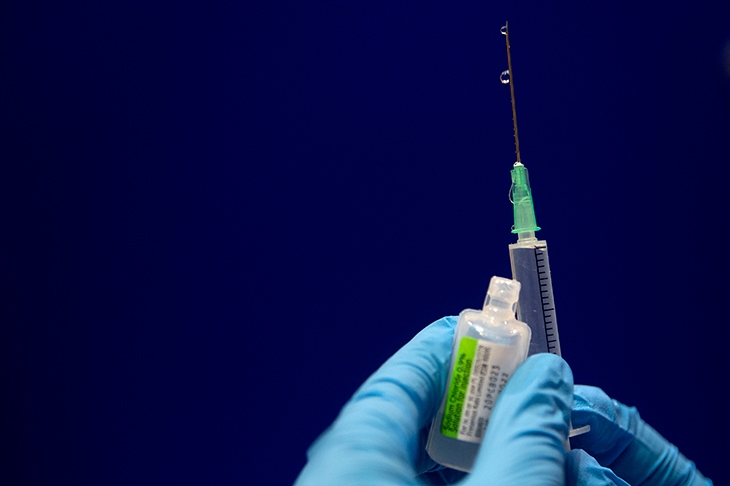At the beginning of the Covid crisis, some expressed the hope that a pandemic might at least bring a divided country back together. Instead, public discourse descended to new levels of bitterness as a fresh schism replaced that caused by Brexit. On one side were those who thought tens of thousands would die because government action was too slow and half-hearted, and on the other, those who thought lockdown to be an over-reaction that inflicted grave damage on our economy and society.
Both sides ought now to be able to agree that this week marks a significant turning point in the pandemic. The first shot of an approved Covid vaccine to be administered in a public programme anywhere in the world was given to Margaret Keenan, a 90-year-old woman in a Coventry hospital. There are still some uncertainties: we don’t yet know how good the vaccine is at preventing transmission of the virus, or how long immunity will last.
But as far we can tell from the phase 3 trial involving more than 40,000 volunteers, the Pfizer is 95 per cent effective at preventing infection with the Sars-CoV-2 virus. While a small number of the volunteers given the vaccine did show signs of infection, only one went on to suffer serious illness. As soon as the most vulnerable elderly groups in the population have received their two jabs, the vaccine should start to make a very big difference to the progress of the disease.
For all the government’s failures during the Covid crisis, ministers deserve their moment in the sun
For all the government’s many failures during the Covid crisis, ministers deserve their moment in the sun. Whether it was foresight or a gamble that paid off, the government’s decision to purchase a portfolio of vaccinations early on in their development has given Britain a head start in recovery.







Comments
Join the debate for just £1 a month
Be part of the conversation with other Spectator readers by getting your first three months for £3.
UNLOCK ACCESS Just £1 a monthAlready a subscriber? Log in